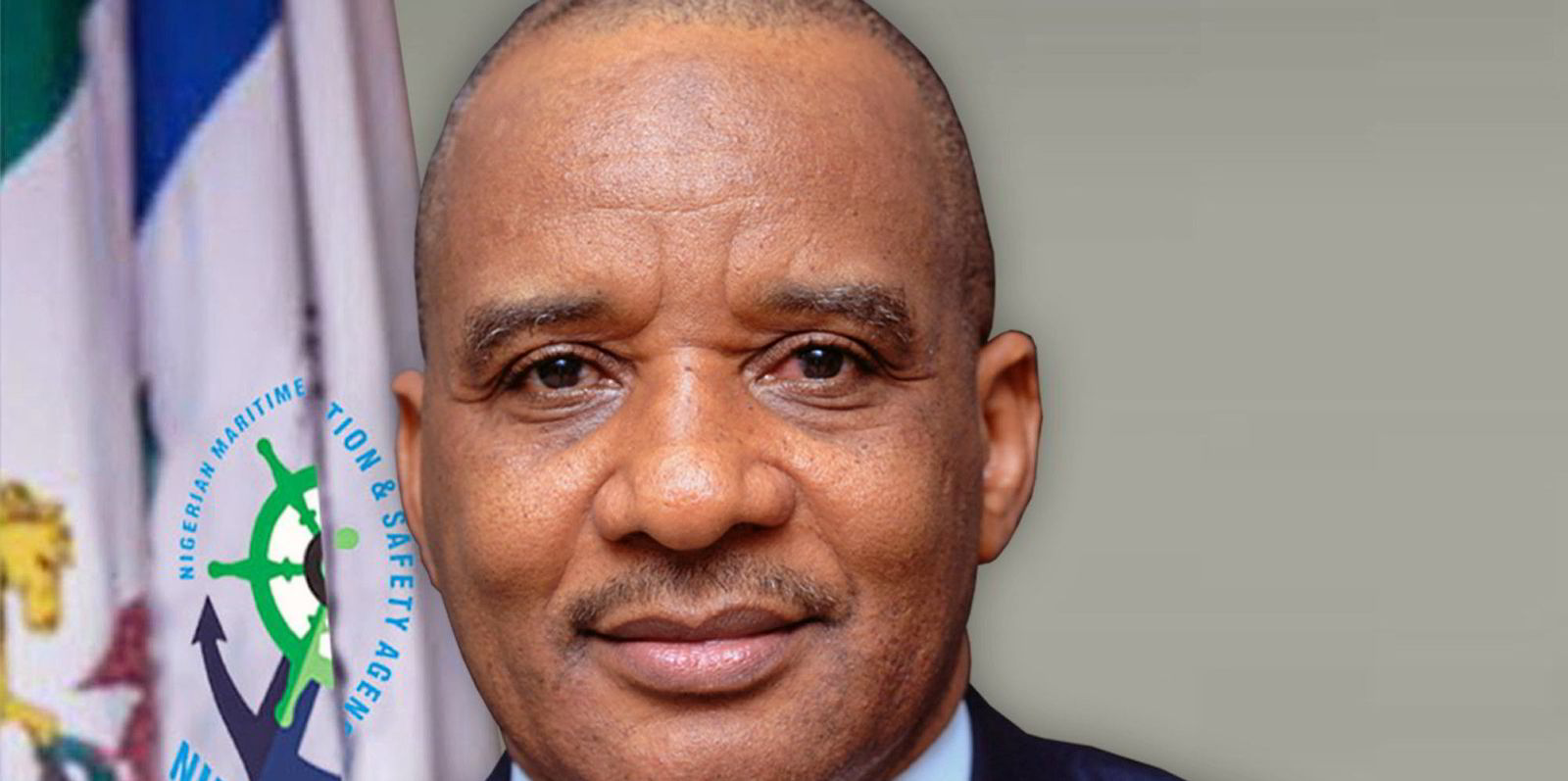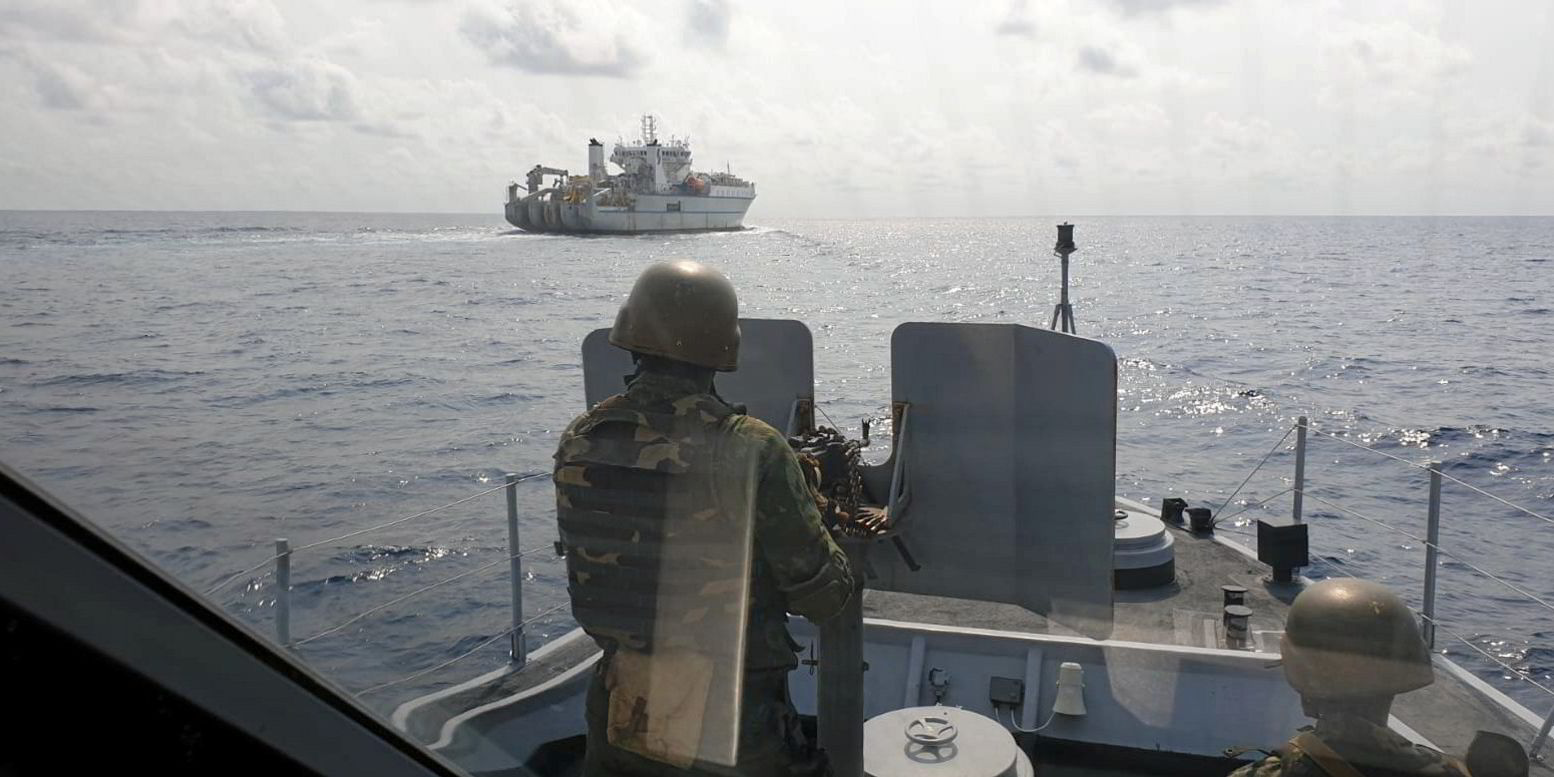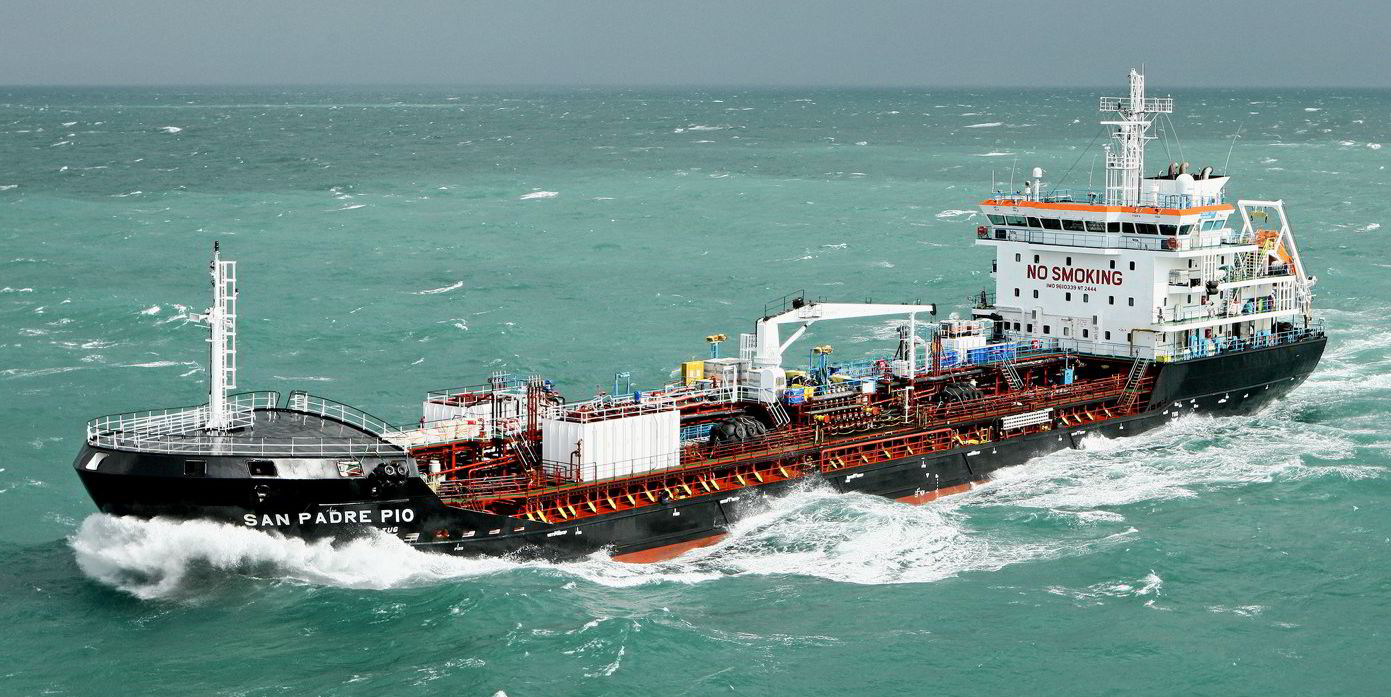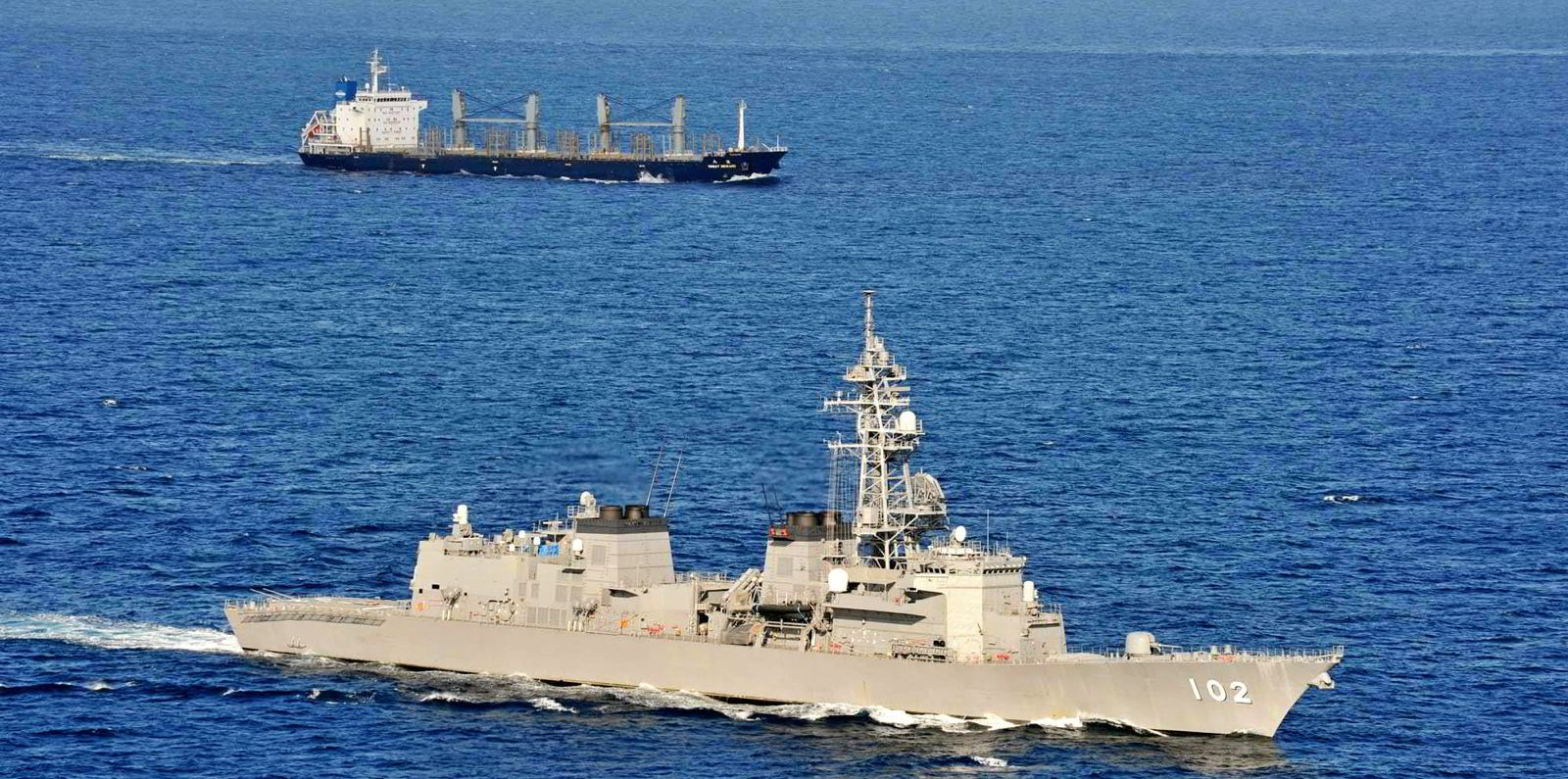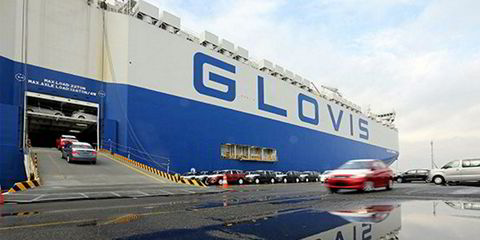Despite warnings to the contrary, Nigerian officials are claiming the country's anti-piracy campaign has already had a significant impact just a month after launch.
Reiterating his call to drop the war risk premium for ships headed to Nigeria, Nigerian Maritime Administration and Safety Agency (NIMASA) director general Bashir Jamoh said the country's waters were already considerably safer thanks to the $195m Deep Blue Project.
"The good news is that there’s a significant decline in the rate of piracy and other forms of criminality in the country waterways," Jamoh wrote in an opinion piece published in Nigeria's The Guardian newspaper on Wednesday.
"The bad news is that the reduction in crime rate in the country’s maritime environment has not reflected in the prices Nigerians pay for products, whether foreign or made-in-Nigeria with imported raw materials. This is because war-risk insurance on Nigeria-bound goods has remained high, not taking cognisance of the improved state of security in the country waterways."
The Deep Blue Project, complete with hundreds of personnel and dozens of ships and aircraft, went live in June and intends to secure Nigeria's territorial waters and exclusive economic zone.
While no major attacks have been reported in recent weeks, on 1 July Maritime Domain Awareness for Trade – Gulf of Guinea issued a warning for the waters stretching from Gabon's northwest coast through Nigeria to Guinea.
The organisation, a joint effort by the British and French navies, said they had information on pirates operating in the deep sea and that the threat of an attack was high for the coming days.
On Monday, maritime security provider Diaplous Maritime Services advised there was a high threat of piracy for a portion of the Gulf of Guinea directly south of Nigeria.
It said the situation in the waterway remains critical, and that ships should exercise "maximum vigilance".
In his piece, Jamoh cited the 2020 Oceans Beyond Piracy report that said Nigeria-bound ships paid $55.5m extra due to the waters being judged to have a high risk.
He said domestic manufacturing agencies, customs agents, freight forwarders, shipowners and government agencies should lobby for lower premiums.
"We need to mount persistent pressure on the international shipping community to take a second look at the very unhealthy situation in which Nigeria continues to pay the highest cargoes premium in the world, just because of the wrong perception of the Gulf of Guinea being the most unsafe and least secure in the world would not go away, despite empirical evidence that proves the contrary," Jamoh wrote.
